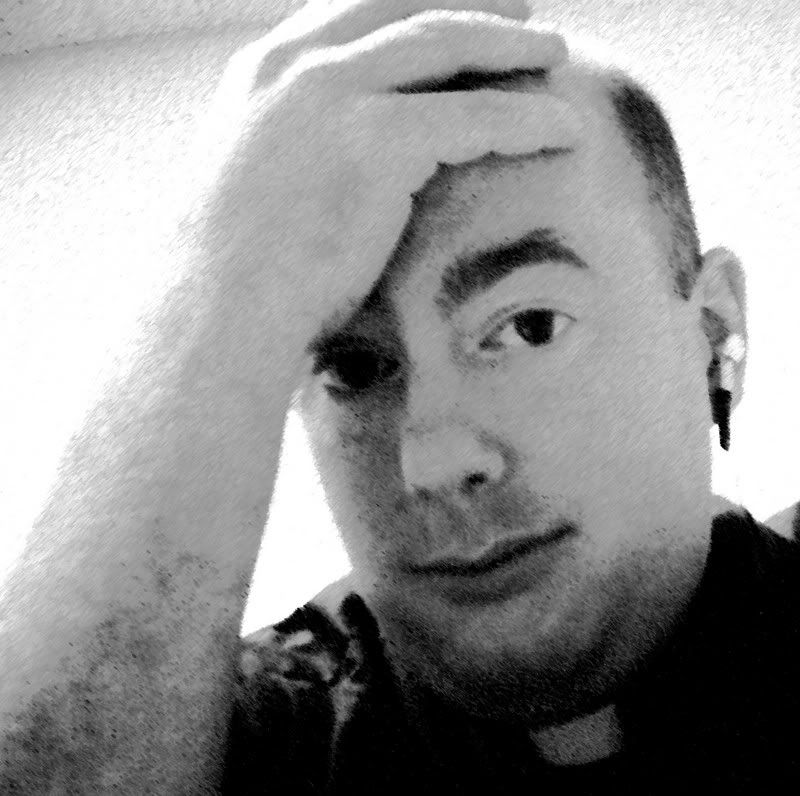As a healthcare chaplain, I deal quite a bit with bioethics, ethics at the end of life, and ethics regarding healthcare of the poor. For those who don't know it yet, there is a huge crisis coming in the healthcare of our country. Let me quickly explain:
Healthcare costs are rising. Insurance rates are rising. This means that fewer companies are offering their employees health insurance, and the ones who are doing so, are charging more money from the employees. This means that fewer people can afford health insurance. Without insurance, people cannot pay for healthcare. Nobody pays for a surgery by writing a check.
What happens to uninsured people who need medical care? They go to the emergency department of their local hospital. Hospitals are required by law to treat people who come to the emergency department, regardless of their ability to pay. How can a hospital afford to do this? By jacking up the price for all the people who are able to pay -- those with insurance. So, insurance prices go up, meaning fewer people can pay for insurance. So those people go to the emergency room, driving prices even higher. By the way, the emergency room is the most expensive way to provide healthcare -- by far.
Let me add some ethical considerations into the equation. The United States is the only industrialized country that has uninsured people. Our infant mortality rates are higher and our life expectancy is lower than average for industrialized countries. Yet, we spend far more than any other country on healthcare. We are spending more than 15% of our gross domestic product on healthcare. The country that spends the next highest is Switzerland at 10%. So, we're paying more, and getting much less than any other country.
Universal healthcare has its problems. Certainly the plan offered by Clinton was very problematic, but there are other ways of looking at universal healthcare. There is no way to provide the best healthcare to everybody, everywhere. We must discriminate who gets healthcare. The two ways to discriminate in the world are by time and by money. In the USA, we've decided to discriminate by money. If you have money, you get healthcare. Every other nation in the world has decided to discriminate by time. If you want to see a doctor, it is free, but you might have to wait a few weeks or months. The ethical question is this -- Is healthcare a commodity like sofa or computer or car? Or is healthcare a right, like clean water and police protection? I believe healthcare should come to all people. It is a right-to-life issue. In the USA, we disagree.
As it turns out, the USA is sicker than other countries -- perhaps injustice has its consquences.
Where do we go from here? I like the recent legislation in Maine. The state requires all companies of a certain size to provide affordable healthcare for all employees and their families, otherwise huge tax penalties. The tax penalties will then go to help pay for the healthcare of those company's employees. Basically, if you have a job, you and your family have healthcare. It's not universal healthcare, but it's getting closer, and is viable in a political atmosphere of supreme devotion to individualistic capitalism. We'll see how the debate continues.
These are pretty random thoughts. It occurs to me that I might think through the structure of these thoughts better and write an essay about it.



